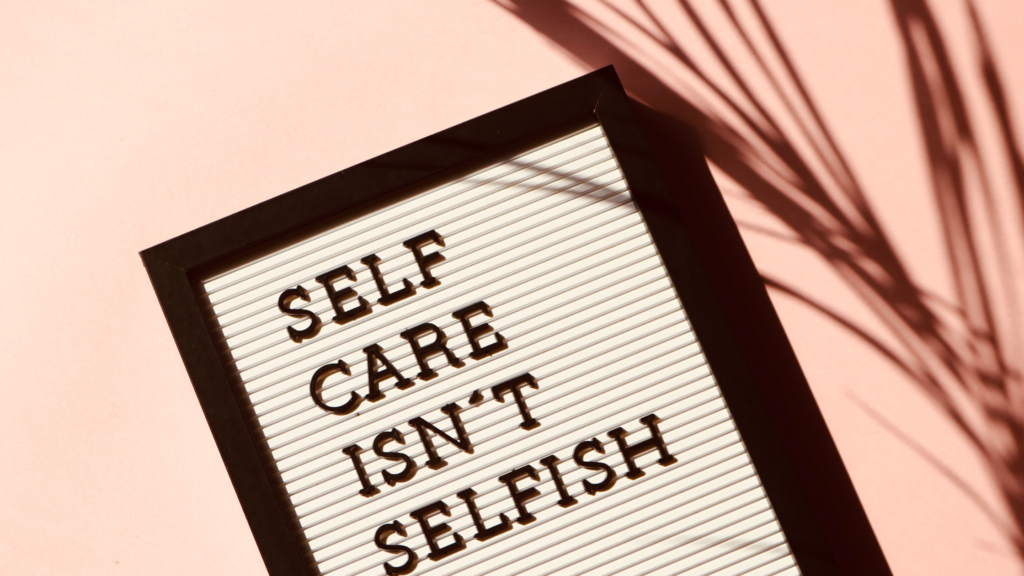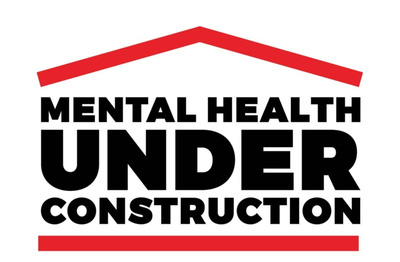
This year’s International Men’s Day theme is “Zero Male Suicide”. One of the issues International Men’s Day aims to raise awareness of is the male suicide crisis. Men are three times more likely to die by suicide than women; a trend that is sadly concentrated within the construction industry, a male-dominated sector. The stigma surrounding mental illness and talking about mental health, particularly amongst men, has long been considered a factor contributing to rates of suicide. To redress this, the charity Mates in Mind and the online construction-based community On the Tools have set up initiatives to encourage honest discussions about mental well-being amongst construction workers.
Quick Links
- Key Statistics
- Mates in Mind’s Tips on Discussing Mental Health
- On The Tool’s Mental Health Under Construction Podcast
- Further Help & Advice
Key Statistics
2021 Male Suicide Rate in the UK
Across the UK, men are approximately three times more likely to die by suicide than women. The Samaritans summarised 2021 suicide data, gathered by the Office for National Statistics, ScotPHO, and Northern Ireland Statistics and Research Agency, as follows:
- England:
- Male suicide rate: 15.8 per 100 000
- Female suicide rate: 5.5 per 100 000
- Wales:
- Male suicide rate: 19.7 per 100 000
- Female suicide rate: 5.9 per 100 000
- Scotland:
- Data indicated that the male suicide rate was three times higher than the female suicide rate
- Northern Ireland:
- Male suicide rate: 19.6 per 100 000
- Female suicide rate: 7.1 per 100 000[1]
The full summary can be viewed on the Samaritans' website.
UK Construction Industry Suicides
Construction is a male-dominated industry with women occupying just 15% of jobs.[2] Men working within this sector are not only three times more likely to die by suicide than women but are also three times more likely to take their own lives than people working in other sectors. Professional Builder reports that the Charted Institute of Building (CIOB) uncovered that over 700 people working in the construction sector die as a result of suicide per year. That means approximately two UK construction workers end their lives every day.[3]
Attitudes to Mental Health Within the UK Construction Industry
Fiona Feeney, Support Manager at Mates in Mind, a mental health charity focused on the construction industry, explains that
“Confronting the human cost of mental ill-health cannot be ignored with suicide rates amongst construction workers more than three times higher than the national average, averaging at a shocking two deaths per day in the UK.”[4]
In 2021, Mates in Mind and the Institute of Employment Studies (IES) conducted an investigation into the mental health of over 300 self-employed construction workers and those employed by small construction firms. They found that over two-thirds of those surveyed attested to not talking about mental health because of perceived stigma. The joint study also discovered that 44% of respondents felt their workload was too high and a third are now living with severe anxiety.
Moreover, when these construction workers were asked how they dealt with a low mood:
- 40% considered quitting or changing jobs
- 35% reported drinking more alcohol than usual
- 15% said they took non-prescription drugs[5]
Separate research conducted by Toolstation revealed that 69% of people working in construction think looking after mental health is paramount and 33% felt that more help should be made available to them. 44% of respondents thought that better access to professional support would help them to maintain good mental well-being, while 31% felt that there should be better support at their place of work; however, most people surveyed (56%) believed that having more honest conversations around mental health would be an effective solution. [6]
Mates in Mind’s Tips on Discussing Mental Health
Mates in Mind acknowledge that until people feel comfortable talking about mental health, particularly stress, and asking for help, it is difficult to spot problems or offer support. A reluctance to appear weak or fears surrounding career prospects often prevent people from opening up. To overcome this, Mates in Mind offer these nine tips on starting an honest conversation about mental health.
1.) Ask Twice

Most people’s reflex response to “how are you?” is “I’m fine” or “I’m OK”. Mates in Mind advise not taking this at face value, probing further by asking “how are you really?” or “are you sure you’re OK?” with a genuine interest and willingness to listen. Asking twice may encourage the person to open up about how they are actually feeling, starting a vital, honest conversation about their mental health.
2.) Keep It Informal

Honest mental health conversations don’t have to last hours nor do they have to be formal. A ten-minute talk while walking or getting a coffee may be all that’s needed. Just make sure your attention is undiverted: turn off your phone and any other distractions so you can focus on the other person.
3.) Be Supportive

Normalising mental and emotional problems makes it easier for people to discuss them. A simple way to do this is to talk about mental health as you would physical health, ensuring you make it clear that you’re there to listen and support the other person without judgement.
4.) Use Open Questions

Open-ended questions such as “what kind of thoughts are you having?” or “how can I help?” leave people scope to answer however they feel most comfortable.
5.) Listen

Let the other person do most of the talking but don’t push them to speak if they don’t feel like it. It’s important to respect their boundaries and try again another time.
6.) You Don’t Need to Have the Solution

Resist the urge to jump to conclusions or offer solutions. Even though you mean well, doing this can often leave people feeling dismissed. Listening to their concerns and empathising is often more helpful than offering advice.
7.) Follow Up

Make sure you demonstrate that you care by following up on your initial conversation. They may not want to resume the conversation at that moment but this considerate gesture will go a long way.
8.) Look After Yourself Too

Discussing mental health with someone who is struggling is likely to have a positive effect on that person’s life. However, it can be quite difficult; therefore, it’s crucial that you look after your own mental well-being and seek support when you need it. This way you can offer more effective help to others.
9.) Connect Them to Information & Support

When people are really struggling, they feel they can’t cope, or their problem is affecting them day to day, it is imperative that you encourage them to seek professional help. This could be in the form of a support group or counsellor. Helping them to locate mental health services can be very useful; you could even offer to attend their first session with them.[7]
On The Tool’s Mental Health Under Construction Podcast

As detailed above, research conducted by Toolstation into attitudes towards mental health within the construction sector found that 56% of those asked felt there should be more honest conversations around the subject. To address this, Toolstation has partnered with On The Tools, the UK’s biggest online construction-based community, to produce a series of bi-weekly podcasts titled Mental Health Under Construction.
The six-part series is hosted by Ryan Ridgeway, a mental health specialist and member of We are Hummingbird, which is a non-profit mental health organisation that uses music as a platform to spread awareness. In each episode, Ryan is joined by a variety of guests, including professionals working in the trades, mental health specialists, and celebrities like Paul Merson and Ollie Ollerton. Together, Ryan and his guests discuss a variety of mental conditions such as anxiety disorders, depression, suicide, and addiction.[8]
All episodes of Mental Health Under Construction are available on Google, Spotify, iTunes, and Amazon Music.
Further Help & Advice
If you or someone you know is struggling, or if you’re looking for ways to improve your mental health and that of your colleagues, the following charities and organisations can offer help, support, and resources:
For more information about International Men’s Day and how you can get involved, please visit their website.
Please note this blog was originally published on 18th September 2022. It was updated on the 13th November 2023.
[1] Samaritans, Latest Suicide Data, last accessed 18 November 2022
[2] Susannah Irvine, Harriet Clark, Mathew Ward, Brigid Francis-Devine, Women and the UK Economy, at p.9, last accessed 18 November 2022
[3] Professional Builder, Mental Health in the Construction Industry, last accessed 18 November 2022
[4] Professional Builders Merchant, Kick It With Keylite Back to Boost Mental Health Awareness, last accessed 18 November 2022
[5] Professional Builder, Mental Health in the Construction Industry
[6] Toolstation, ‘Toolstation Supports the Trades with Mental Health Under Construction Podcast', ECN, 42.08 (Aug 2022), at p. 10
[7] Professional Builder, Mental Health in the Construction Industry
[8] Toolstation, ‘Toolstation Supports the Trades with Mental Health Under Construction Podcast'


